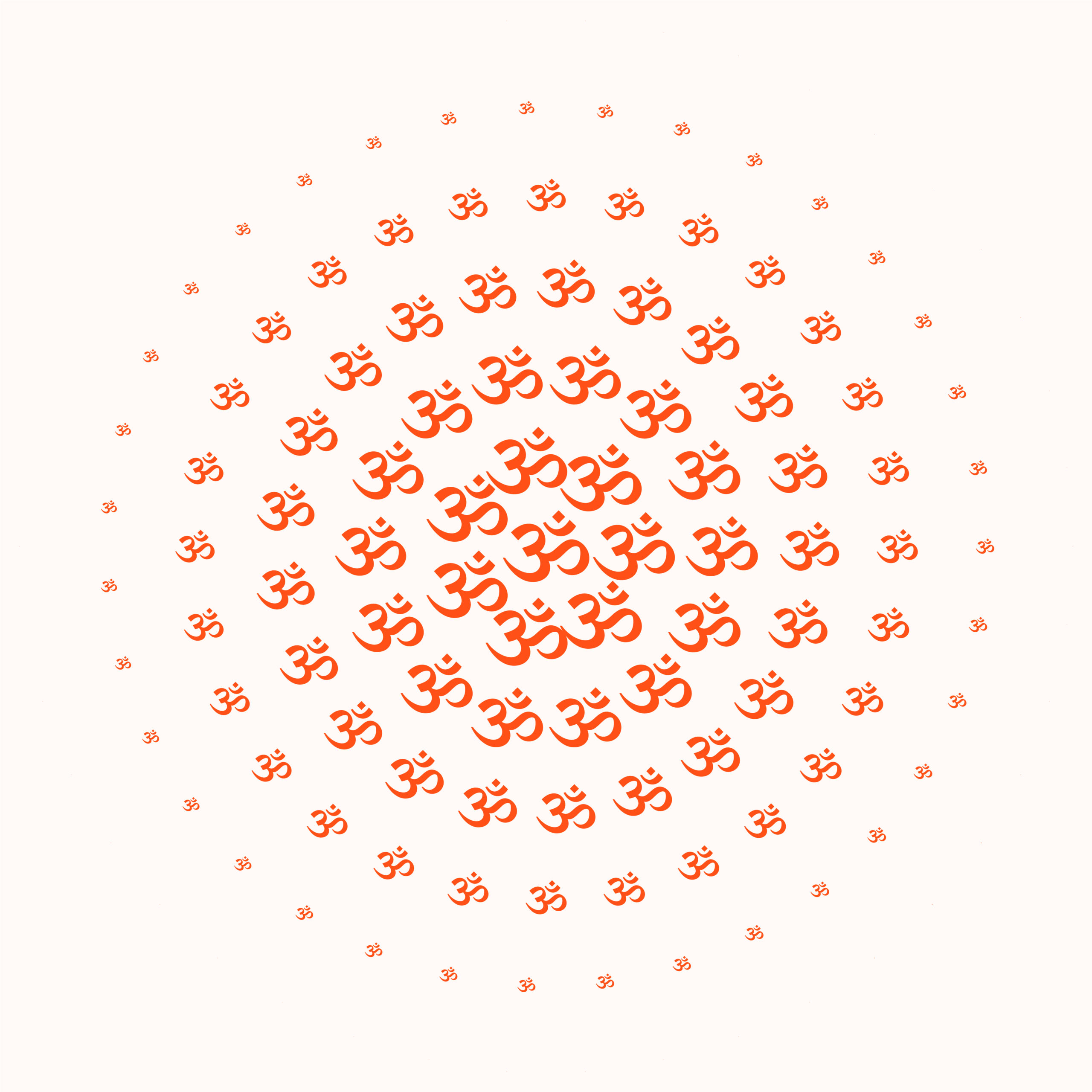The Yajurveda is composed of two primary sections: the Samhita and the Brahmana. The Samhita is the core collection of hymns and mantras used in the rituals, while the Brahmana elaborates on the symbolism, philosophical insights, and deeper meanings associated with the rituals. Together, these sections provide a comprehensive understanding of the ritualistic practices and their underlying significance.
Rituals, particularly sacrificial ceremonies known as yajnas, form a central theme in the Yajurveda. The text outlines the precise procedures for performing these rituals, including the construction of sacrificial altars, the arrangement of various ritual implements, the offerings of oblations (sacrificial offerings), and the recitation of specific mantras. These rituals were believed to establish a connection between the human and divine realms, allowing individuals to communicate with and seek the favor of the gods.
The Yajurveda emphasizes the role of Agni, the god of fire, as the intermediary between humans and deities. Agni is considered the carrier of offerings to the gods and plays a vital role in facilitating communication and establishing a sacred bond during the rituals. Additionally, other deities, such as Indra (the king of gods), Varuna (the god associated with cosmic order), Soma (the personification of the sacred soma plant), and Rudra (a fierce aspect of Shiva), are invoked and praised in the Yajurveda.
Beyond the ritualistic aspects, the Yajurveda also addresses moral, ethical, and philosophical dimensions of life. It imparts guidance on righteous living, social order, and the performance of one’s duties within the larger framework of the Vedic social structure. It emphasizes the importance of adhering to Dharma (righteousness) and upholding moral values in one’s personal and social life. The text also offers reflections on concepts such as the nature of existence, the cycle of birth and death, and the interconnectedness of all living beings.
The Yajurveda, being one of the oldest religious texts, holds immense cultural, historical, and linguistic significance. Scholars and researchers engage in philological studies to understand the language, grammar, and syntax employed in the text. Comparative studies with other ancient Indo-European texts and rituals contribute to the understanding of cultural connections, linguistic evolution, and religious practices of ancient civilizations.
The study of the Yajurveda extends beyond the academic realm. It continues to inspire devotees, priests, and scholars who engage in the practice and interpretation of Vedic rituals. The Yajurveda is considered a vital resource for those seeking spiritual growth, ethical guidance, and a deeper understanding of the rituals performed in Hindu religious ceremonies.
In summary, the Yajurveda stands as a sacred text that provides instructions, hymns, and philosophical insights into the ritualistic practices of ancient Vedic culture. It encompasses the knowledge of sacrificial formulas, highlights the importance of ethical living, and serves as a window into the spiritual and philosophical heritage of ancient India. The Yajurveda continues to be a cherished source of wisdom, offering guidance to seekers on their spiritual journey and providing a glimpse into the rich tapestry of Vedic civilization.
